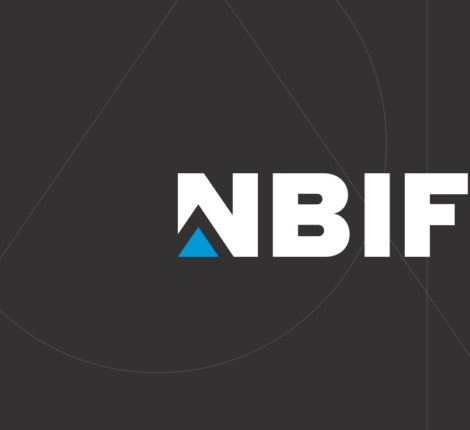- 28 octobre, 2009
- Recherche appliquée
- Comments : 0
Corporation funding UNB aerospace research lab – Telegraph Journal reports
Link to original article in the Telegraph Journal http://telegraphjournal.canadaeast.com/search/article/838241
A University of New Brunswick researcher has received $500,000 from the New Brunswick Innovation fund to support the construction of a high-speed impact laboratory and technology facility.
John Spray, directory of the university’s future Planetary and Space Science Centre and research chair in planetary materials, is conducting research into better understanding the impact of shock waves on a variety of materials.
« Whether it’s space junk hitting satellites or birds striking airplanes, this facility will allow Spray to better understand the damage it does and develop new materials to prevent damage, » said innovation fund vice-president of research Roger Gervais.
« Dr. Spray’s track record and deep ties with the aerospace industry, NASA, the Canadian and European Space Agencies shows the importance of this applied research and its potential for industry in New Brunswick, » Gervais said.
The lab will offer services to other researchers and companies who require analysis of the high-speed impact of objects.
« Canada currently has no high-speed impact research technology or launch equipment that covers a comprehensive range of impact velocities, and with this new facility, we will, » Spray said.
The UNB researcher said he hopes that the test facility can be commercially independent within five years.
The new facility will house four launchers that can fire projectiles at subsonic speeds of 250-metres per second; supersonic speeds of 350 metres per second and hypersonic speeds of 1.75 kilometres per second.
Firing of the items will be inside protective ballistic tanks. Funding will also be applied to the purchase and installation of sophisticated electronic instruments and computer software systems.
The New Brunswick Innovation Foundation is an independent corporation that supports the development of innovation and entrepreneurship in New Brunswick.
The foundation’s mandate is to strengthen the innovation capacity of New Brunswick by investing in research and growth-oriented business opportunities.
Spray, who holds his doctorate from Cambridge University in the U.K., hopes his research directions will help him develop new technologies to facilitate exploration in remote terrains on earth and for the exploration of planet surfaces.
He is currently a co-investigator on science teams for two rover missions to Mars – NASA’s MSL and ESA’s ExoMars.
The new lab will help him understand the effects of shock waves on both natural and synthetic materials.
He’s interested in researching the cratering processes and products on Earth, the moon and Mars.


